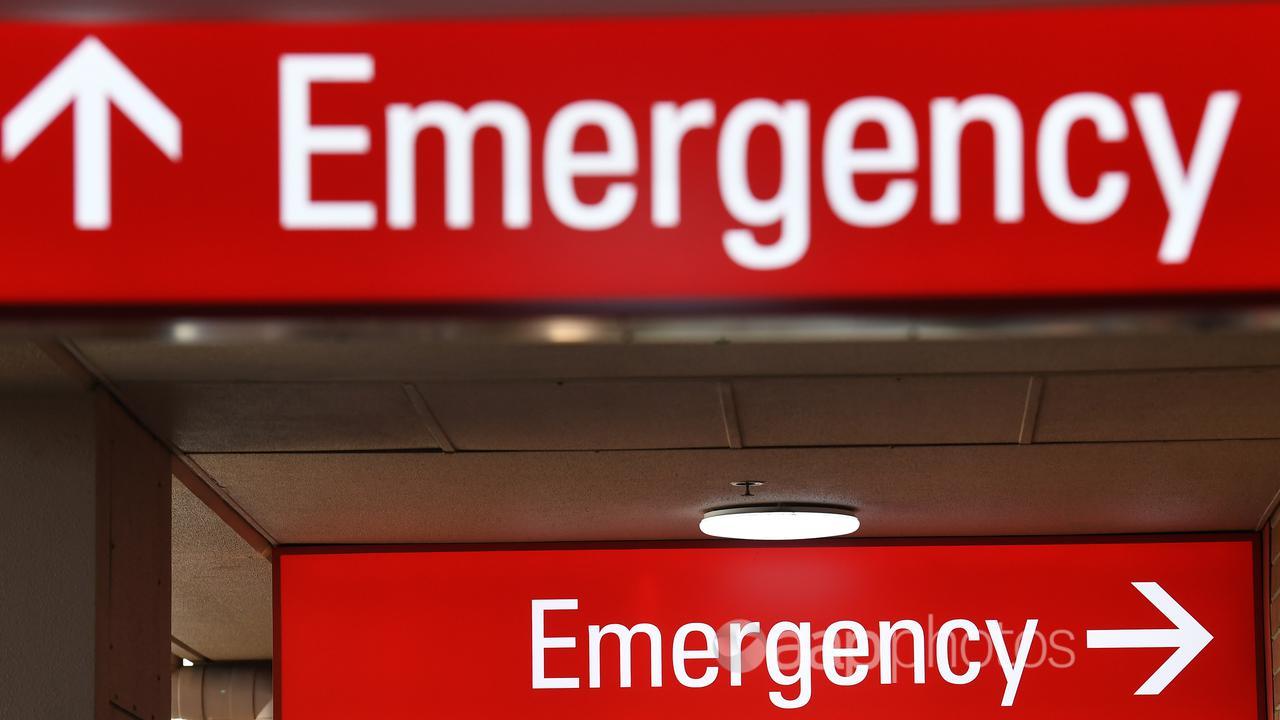A study experts rejected for basing its conclusions on poor methodology has been used to claim COVID-19 vaccines increase the risk of cardiac arrest in young people by 25 per cent.
One of study’s authors told AAP FactCheck the findings do not show a causal relationship between vaccines and increases in cardiac arrest. Experts also rejected the findings there is a correlation between the vaccine rollout and increases in emergency calls for cardiac arrest and acute coronary syndrome (ACS).
The experts say the MIT study, published on April 28, has statistical and methodological weaknesses which mean its conclusions should be dismissed.
However, that hasn’t stopped it being used on social media to claim vaccines increase the risk of cardiac arrest in young people, such as in this Instagram post, which shares a screenshot of a story on the study from The Epoch Times, a publication frequently criticised for spreading misinformation (see here, here and here).
The study is co-authored by Retsef Levi, professor of operations management at the MIT Sloan School of Management, and is titled, Increased emergency cardiovascular events among under-40 population in Israel during vaccine rollout and third COVID-19 wave.
The study’s abstract says it used a “unique dataset from Israel National Emergency Medical Services (EMS) from 2019 to 2021” to “evaluate the association between the volume of cardiac arrest and acute coronary syndrome EMS calls in the 16-39-year-old population with potential factors including COVID-19 infection and vaccination rates”.
It also says: “While not establishing causal relationships, the findings raise concerns regarding vaccine-induced undetected severe cardiovascular side-effects and underscore the already established causal relationship between vaccines and myocarditis, a frequent cause of unexpected cardiac arrest in young individuals.”
But Prof Levi told AAP FactCheck the claim that the study showed a causal link between vaccines and the increase in emergency calls is wrong.
“I do not support any interpretation of the paper as a proof that the vaccine has caused this increase in EMS calls. The paper only shows correlation and calls to check the matter broadly and explore all possible causes,” Prof Levi said in an email.
Epidemiological and medical experts also dispute the study’s claim of a “correlation”.
Gideon Meyerowitz-Katz, an epidemiologist from the University of Wollongong, told AAP FactCheck the study has statistical and methodological weaknesses which make it hard to infer much from the results.
He has taken to Twitter to challenge the study’s results in an extensive tweet thread, and co-authored a rebuttal titled, Should we publish every correlation during the COVID-19 pandemic?
The article calls the study’s correlation “clinically irrelevant” and says the peak of the emergency calls could be explained by other factors, such as the decision to reduce the pressure on healthcare systems. It also notes that without knowing the vaccine status of the callers or the cause of their heart problems, the correlation is “fallacious and dangerously misinterpreted”. It criticises the study’s authors for not considering seasonal or yearly trends in their analysis and says there are data points missing from the study that make “any interpretation invalid and any extrapolation irrelevant”.
Catherine Bennett, chair in epidemiology at Deakin University, also explained the study’s shortcomings in an email to AAP FactCheck.
“This is what is termed an ecological study, not looking at vaccination or infections status against cardiac risk at the individual level, but rather looking at associations between trends in all three at the population level,” Professor Bennett said. “They are generally used to generate hypotheses, not prove causation.”
Prof Bennett said the key problem was the absence of vaccination status of the people the emergency calls were made for.
“For example, if those who are most susceptible to severe illness from COVID were the first to be vaccinated as they often were (then) perhaps they were more susceptible to cardiac events as well and that combined with (rising) COVID infections pushes up the weekly calls,” she said.
“Therefore we need to go the next step and see if the individual level data casts more light on this possible association. If this is an unexpected unusual rise in call numbers, what was the profile of patients. Did the number vaccinated match background rates or were they overrepresented.”
Another fact check on the study also concluded it does not prove COVID vaccines cause heart problems.
The Verdict
The claim that a study shows COVID-19 vaccines increase the risk of cardiac arrest in young people by 25 per cent is false. A co-author of the study says no causal link is demonstrated by the research.
The study has also come under fire from experts, who say essential data omissions, such as vaccination status, make the conclusion of a “correlation” between vaccines and an increase in emergency calls for cardiac arrest irrelevant.
False – The claim is inaccurate.
* AAP FactCheck is an accredited member of the International Fact-Checking Network. To keep up with our latest fact checks, follow us on Facebook, Twitter and Instagram.
All information, text and images included on the AAP Websites is for personal use only and may not be re-written, copied, re-sold or re-distributed, framed, linked, shared onto social media or otherwise used whether for compensation of any kind or not, unless you have the prior written permission of AAP. For more information, please refer to our standard terms and conditions.


















